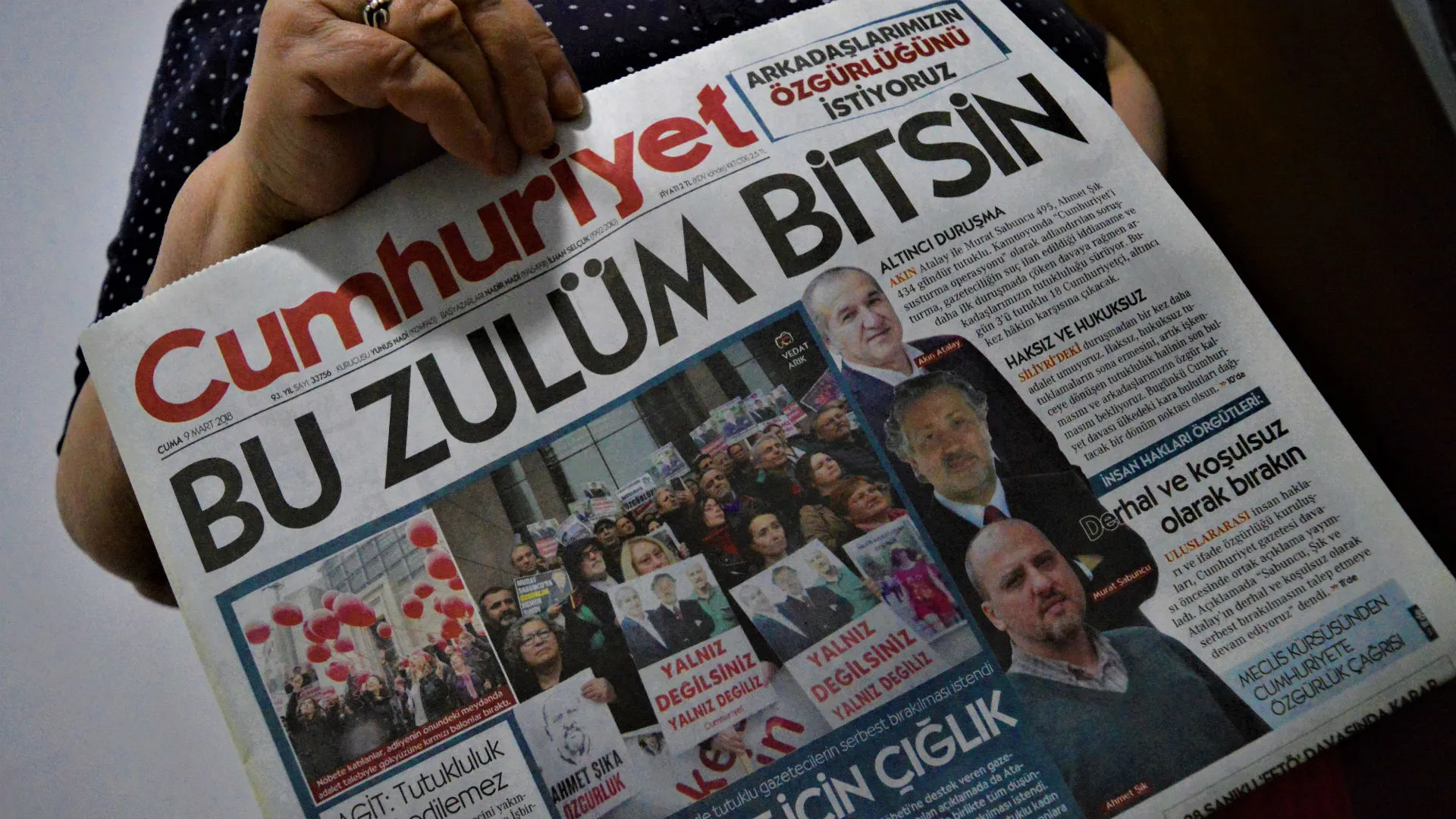Introduction to Cumhuriyet and its History
Cumhuriyet, a term that resonates deeply within the heart of modern Turkey, embodies more than just a political system. It represents a vision—a shift from centuries of monarchy to the ideals of democracy and secularism. The word itself translates to “republic,” but its significance goes far beyond mere governance; it encapsulates hope for progress, equality, and national identity. Understanding Cumhuriyet is crucial today as it shapes not only Turkey’s past but also its present and future.
As we delve into this intriguing concept and its historical roots, we’ll uncover how Cumhuriyet emerged during a transformative period in Turkish history. From revolutionary leaders who championed change to the lasting impacts on society and politics, every aspect tells a story worth exploring. So let’s embark on this journey together—discovering why Cumhuriyet matters now more than ever!
The Founding of the Turkish Republic and the Role of Cumhuriyet
The founding of the Turkish Republic in 1923 marked a significant turning point in history. It emerged from the ashes of the Ottoman Empire, which had dominated for centuries. The collapse created an opportunity for reform and renewal.
Cumhuriyet, meaning “republic,” was central to this transformation. Mustafa Kemal Atatürk led the charge for modernization and secularism. He envisioned a nation built on principles of democracy and national sovereignty.
Establishing Cumhuriyet involved sweeping changes across various sectors: education, law, and governance underwent radical reformation. Atatürk introduced progressive policies aimed at elevating women’s rights and literacy rates among citizens.
This new republic sought to break free from autocratic traditions while embracing equality. The role of Cumhuriyet became more than just political; it symbolized hope for many Turks who yearned for a brighter future amid uncertainty.
Key Figures in Cumhuriyet’s Establishment and Legacy
Mustafa Kemal Atatürk stands as the most prominent figure in Cumhuriyet’s establishment. His vision reshaped Turkey from a fragmented empire into a cohesive republic.
Atatürk introduced reforms that transformed education, law, and women’s rights. He believed in modernity and secularism, aiming to forge a national identity beyond Ottoman traditions.
Another key player was İsmet İnönü, Atatürk’s close ally and successor. Under his leadership, Türkiye navigated early challenges while promoting unity during tumultuous times.
We must also acknowledge women like Nezihe Muhiddin who fought for suffrage and equality. Their efforts laid vital groundwork for future generations striving for gender parity.
These figures collectively contributed not only to the birth of Cumhuriyet but also to its enduring legacy today—one defined by struggle, resilience, and progress towards democratic ideals.
The Impact of Cumhuriyet on Turkish Society and Politics
Cumhuriyet fundamentally reshaped Turkish society and politics. It introduced secularism, which shifted the focus from religious to civic identity. This transition allowed for diverse expressions of culture and thought.
Education reforms played a vital role in elevating literacy rates across the nation. Schools became spaces for modern ideas, fostering critical thinking among citizens. With education accessible to all, the population began to engage more actively in governance.
Women gained significant rights during this period, including suffrage. Their participation transformed political dynamics and encouraged progressive policies aimed at gender equality.
The new republic also promoted nationalism, creating a unified identity that transcended ethnic divisions. This sense of belonging helped stabilize the country amid various challenges.
Economic policies instituted under Cumhuriyet laid groundwork for industrialization. As industries grew, so did job opportunities and urban development—a shift that continues to impact Turkey today.
Current State of Cumhuriyet and Challenges Faced
Today, Cumhuriyet stands at a crossroads. The principles that once defined its establishment are increasingly questioned. Many citizens feel disconnected from the ideals of equality and secularism originally championed by Mustafa Kemal Atatürk.
Political polarization has created rifts within society. Debates about freedom of expression and press freedoms dominate discussions. Journalists face increasing scrutiny, raising concerns over censorship.
Moreover, economic challenges also pose significant hurdles for the country. Inflation rates have surged, impacting daily life for many Turks. This economic strain complicates efforts to maintain stability and uphold democratic values.
Public trust in institutions is dwindling as political dynamics shift rapidly. Many wonder if the essence of Cumhuriyet can endure amidst such turbulence or if it will evolve into something unrecognizable in the years to come.
International Recognition and Controversies Surrounding Cumhuriyet
Cumhuriyet, as a cornerstone of modern Turkey, has drawn attention on various international platforms. Its establishment in 1923 marked a pivotal shift from an empire to a republic. This transformation was seen as progressive by many nations.
However, the journey hasn’t been without its challenges. The political dynamics surrounding Cumhuriyet have often led to controversies that echo beyond Turkey’s borders. For instance, debates about secularism versus religious influence continue to ignite discussions among global observers.
International recognition of Cumhuriyet’s values is mixed. Some countries celebrate it as a model for democracy in the region, while others criticize perceived authoritarian shifts in recent years.
The discourse around Cumhuriyet remains vital not only for Turkish citizens but also for international relations and cultural understanding today. Each debate opens new avenues for dialogue about freedom and governance worldwide.
Why Understanding Cumhuriyet is Important for Our Present and
Understanding Cumhuriyet is crucial for our present and future because it serves as a cornerstone of modern Turkish identity. The principles established during the formation of the Turkish Republic continue to influence governance, social values, and cultural norms today.
As we navigate contemporary challenges, reflecting on the ideals of Cumhuriyet—such as secularism, democracy, and national unity—can offer valuable insights. These tenets promote dialogue in an increasingly polarized world and inspire movements advocating for rights and freedoms.
By recognizing its historical significance, people can appreciate how far Turkey has come while acknowledging ongoing struggles. This understanding encourages civic engagement among citizens who wish to uphold these foundational values. Engaging with this history fosters a sense of responsibility toward preserving what Cumhuriyet stands for in today’s society.
In a global context marked by rapid change and uncertainty, revisiting these principles empowers individuals to not only comprehend their own nation’s past but also contribute positively to its trajectory moving forward. As such, understanding Cumhuriyet remains vital not just for Turks but for anyone interested in democratic ideals worldwide.

